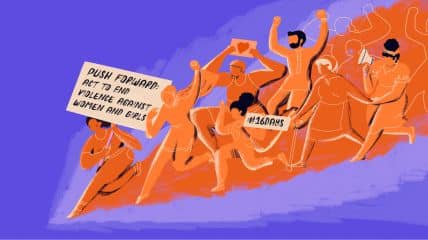
by admin | Dec 11, 2023 | Uncategorized
A Call to End Violence Against Women
In the ongoing battle against violence, a critical realization has emerged—men play a pivotal role in creating a safer world for women and girls. The prevalent truth that overwhelmingly places the burden of harm on women necessitates a collective effort to redefine masculinity and confront destructive beliefs.
The urgency of this mission is underscored by the fact that until every individual, especially men, acknowledges their responsibility, the health and safety of women will remain jeopardized. Men’s engagement becomes the linchpin for disrupting the cycle of violence.
Recognizing that most men neither support nor engage in violence against women, the focus shifts to education and support. By mobilizing men as allies, women gain formidable companions in their stand against violence. It’s a collaborative effort that seeks to empower men with the knowledge and resources to effect change.
Efforts to end violence are not isolated; they require the amplification of existing voices through the inclusion of new male allies. Working with men offers an opportunity to model alternative masculinities that reject gender violence and foster respect for women and girls.
Central to this effort is challenging the destructive beliefs and expectations that drive some men to violence. Engaging men becomes a conduit for transforming perceptions of masculinity, fostering a new narrative that rejects violence.
Importantly, men have the agency to choose nonviolence, not only refraining from perpetrating acts of harm but also challenging those who do. Their role extends to challenging societal ideals and attitudes that perpetuate violence against women and girls.
Violence affects everyone—women, children, and men. Prevention efforts must engage men to make life safer for all. Harnessing the power of peer influence, men can be mobilized to facilitate conversations about respect and violence prevention in families, workplaces, and communities.
The call to action extends to men in positions of power—decision-makers and opinion leaders. Gaining their political, financial, and moral support is imperative to drive change and finally bring an end to the pervasive violence that threatens the well-being of women and girls.
“Men Engaging for Change” is not just a rallying cry; it is a commitment to building a future where respect triumphs over violence, and everyone can thrive in a world free from the shackles of gender-based harm.
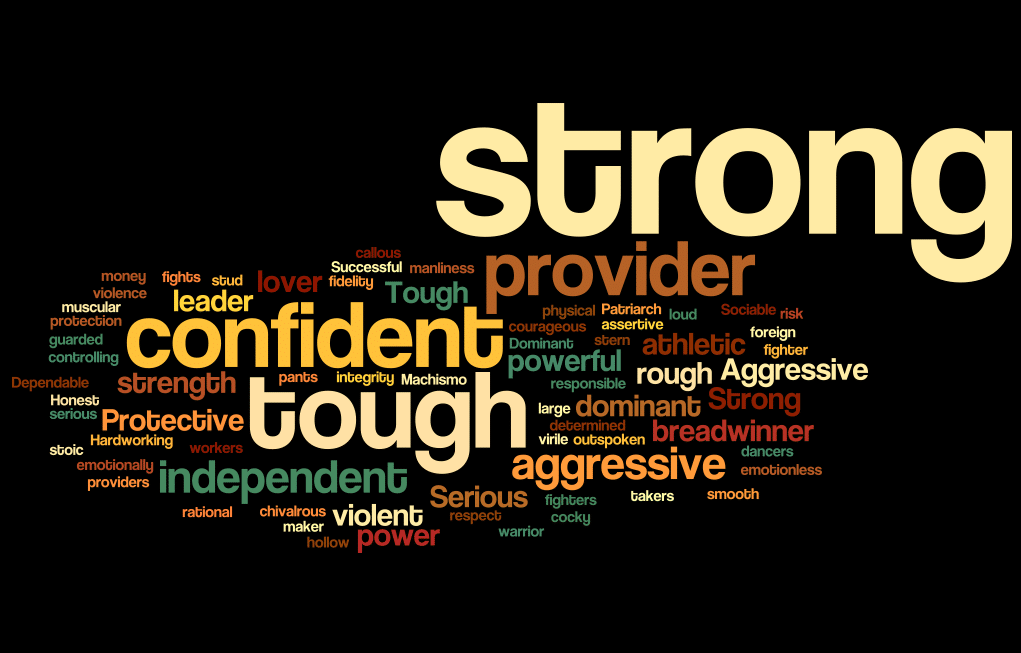
by admin | Dec 8, 2023 | Uncategorized
In a world evolving towards greater inclusivity, the narrative around masculinity is also transforming. It’s time to challenge traditional stereotypes and encourage men to embrace a broader spectrum of emotions and interests without fear of judgment.
Breaking Stereotypes:
The journey begins by breaking down stereotypes that confine men to outdated ideals. Let’s embrace a more expansive and inclusive definition of masculinity that allows for individuality and authenticity.
Mental Health Awareness:
Addressing the stigma surrounding men’s mental health is crucial. Open conversations about emotions, stress, and mental well-being are essential, emphasizing that seeking help is a sign of strength, not weakness.
Positive Masculinity:
Promoting positive aspects of masculinity, such as empathy, compassion, and nurturing qualities, is a step towards fostering a healthier self-image. Strength can be displayed through kindness and understanding.
Healthy Relationships:
Emphasizing the importance of healthy and respectful relationships is crucial in challenging behaviors that perpetuate toxic masculinity. Let’s encourage communication and mutual respect.
Fatherhood and Caregiving:
Acknowledging and celebrating men’s roles as fathers and caregivers is essential. Supporting policies and cultural shifts that promote shared responsibilities in parenting and caregiving contributes to a more balanced society.
Educational Initiatives:
Implementing educational programs that address toxic masculinity in schools, workplaces, and communities is vital. Foster discussions on consent, healthy relationships, and respect for diverse gender identities.
Media Representation:
Advocating for diverse and positive representations of men in media is instrumental in challenging harmful portrayals that reinforce unrealistic expectations. Let’s strive for authenticity and inclusivity.
Role Modeling:
Encouraging positive male role models who embody healthy masculinity is inspiring for individuals seeking to redefine their own narratives. Highlighting those who promote empathy, inclusivity, and positive change is key.
Educating Youth:
Incorporating discussions on masculinity into educational curricula fosters understanding, empathy, and respectful behavior from an early age. Education is the foundation for positive change.
Let’s champion these values and be part of the movement to redefine masculinity. Together, we can build a society where every individual feels empowered to express their true selves.
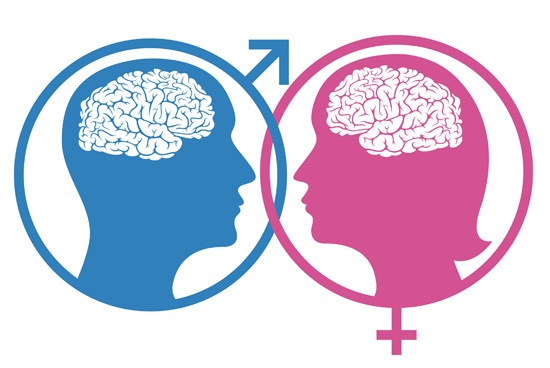
by admin | Nov 29, 2023 | Uncategorized
In the realm of gender studies and societal norms, the concept of masculinity has undergone profound transformations over the years. What it means to be a man is no longer confined to traditional stereotypes. In this blog, we’ll explore the dynamic and evolving landscape of men and masculinity, shedding light on the challenges, redefinitions, and the empowering journey towards a more inclusive understanding of what it means to be a man in the modern era.
The Evolution of Masculinity:
Historically, masculinity has been associated with traits such as strength, stoicism, and dominance. However, contemporary society recognizes that men, like women, encompass a spectrum of qualities and emotions. Breaking free from outdated stereotypes allows for a more authentic and diverse expression of masculinity.
Challenges Faced by Men:
Men often grapple with societal expectations that limit their emotional expression and vulnerability. The pressure to conform to traditional norms can lead to mental health challenges, as many men feel compelled to suppress emotions in the pursuit of an idealized version of masculinity.
Breaking the Silence: Mental Health and Emotional Well-being:
Acknowledging and addressing mental health issues within the context of masculinity is crucial. The stigma surrounding men’s mental health is gradually lifting, encouraging open conversations and creating spaces where men can express vulnerability without judgment. It’s time to redefine strength to include emotional resilience and self-awareness.
Positive Masculinity: Redefining Strength and Empathy:
The changing narrative around masculinity emphasizes qualities such as empathy, compassion, and cooperation. Men are discovering strength in vulnerability and finding empowerment in authentic connections. Embracing positive masculinity encourages healthier relationships and fosters a more supportive societal framework.
Fatherhood and Caregiving:
As roles within families continue to evolve, men are challenging traditional expectations as primary breadwinners. More fathers are actively involved in caregiving and parenting, contributing to the breakdown of gender roles and fostering a more equitable division of responsibilities within households.
Empowering the Next Generation:
To create a more inclusive future, we must empower the next generation of men to embrace authenticity and reject harmful stereotypes. Education, positive role models, and open dialogues about gender norms contribute to fostering a society where everyone, regardless of gender, can thrive.
The journey of men and masculinity is a dynamic narrative, one that is continually evolving alongside societal shifts. By challenging outdated stereotypes, promoting mental health awareness, and embracing positive masculinity, we contribute to a world where everyone can express their authentic selves without limitations. It’s time to celebrate the diversity of men and redefine masculinity for a more inclusive and compassionate future.
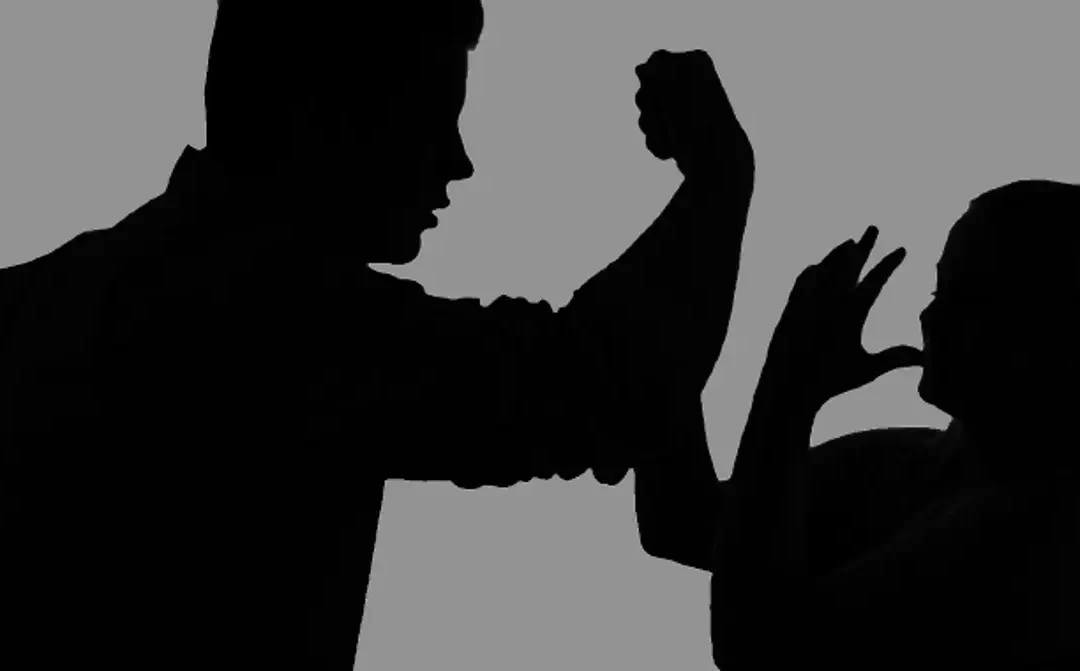
by admin | Nov 27, 2023 | Uncategorized
The complexities surrounding abusive relationships are often difficult to comprehend from an outsider’s perspective. It can be challenging to understand why someone you care about would seemingly choose to stay in a situation that is clearly harmful. In this blog, we aim to shed light on some of the reasons why women may find it difficult to part ways from abusive relationships, delving into the intricate web of emotions, societal pressures, and personal circumstances that contribute to this challenging dynamic.
Fear of Harm if They Leave:
One of the most significant barriers to leaving an abusive relationship is the genuine fear of harm, whether physical or emotional. Abusers often use intimidation and threats to create an environment of fear, making it incredibly difficult for victims to break free.
Belief in Partner’s Change:
Women may still love their abusive partners and hold onto the hope that they will change. Manipulative promises of change and brief periods of kindness can create a cycle of false hope, making it challenging to sever ties.
Promise of Change:
Abusers may promise change, leading victims to believe that the abusive behavior is temporary. This promise, even if unfulfilled, can create a cycle of forgiveness and perpetuate the belief that change is just around the corner.
Strong Belief in Marriage:
Some individuals hold a strong belief in the sanctity of marriage, often interpreting it as a commitment “for better or worse.” This belief can create a sense of duty or obligation to endure hardships for the sake of the marital bond.
Self-Blame for the Abuse:
Victims may internalize the blame for the abusive behavior, convincing themselves that they somehow caused or deserve the mistreatment. Low self-esteem and self-blame can be powerful deterrents to leaving.
Staying for the Children:
Women may choose to endure abuse for the sake of their children, believing that maintaining a two-parent household is in their children’s best interest. Fear of negative consequences on the children can be a compelling reason to stay.
Lack of Self-Confidence:
Abusers often erode the self-confidence of their victims, making them feel incapable of surviving on their own. The lack of belief in one’s abilities can be a significant obstacle to seeking independence.
Fear of Isolation or Loneliness:
The prospect of being alone or isolated from friends and family can be daunting. Abusers often use isolation as a tactic to control their victims, making the outside world seem more intimidating than the abusive relationship.
Pressure from Family or Community:
Cultural and societal expectations, family pressure can play a pivotal role in influencing a woman’s decision to stay in an abusive relationship. The fear of judgment can be powerful motivators.
Lack of Means to Survive Alone:
Practical considerations, such as a lack of financial resources, job security, or transportation, can make the idea of leaving seem insurmountable. Economic dependence on the abuser is a common factor that keeps women in abusive relationships.
Understanding why women return to abusive relationships requires a nuanced examination of the emotional, psychological, and external factors at play. Empathy, support, and providing resources for women in these situations are crucial steps toward breaking the cycle of abuse. By addressing the root causes and offering avenues for assistance, we can contribute to creating a society where everyone feels empowered to break free from the shackles of abusive relationships.
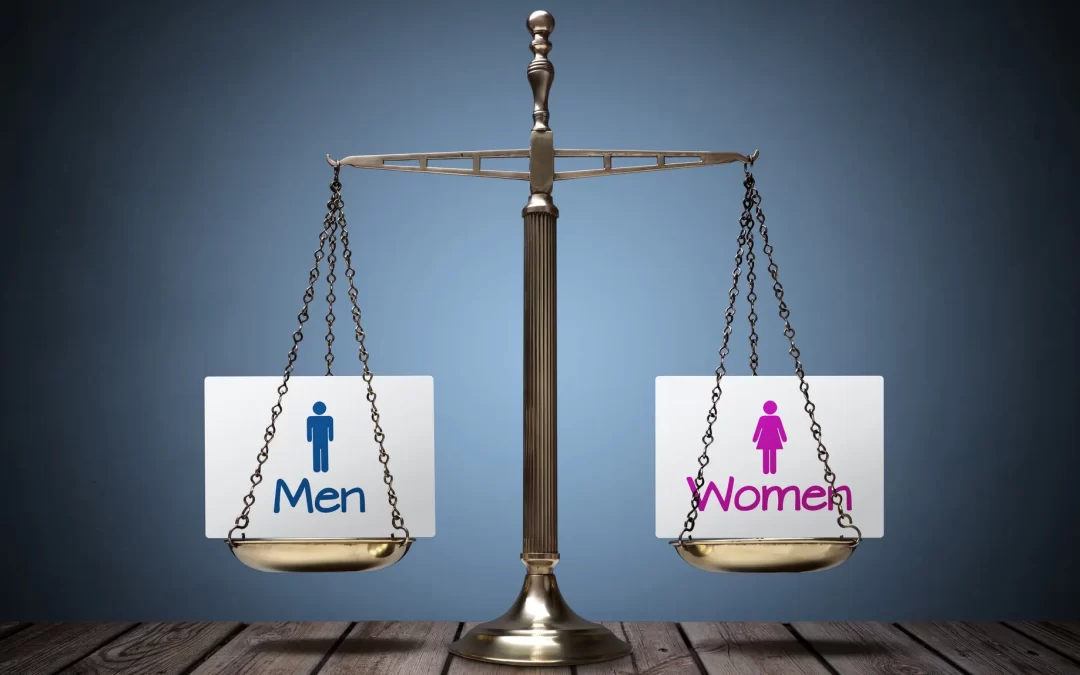
by admin | Nov 27, 2023 | Uncategorized
In the ongoing discourse surrounding gender dynamics, the clash between patriarchy and feminism stands as a pivotal point of discussion. This blog aims to delve deep into the historical roots, contemporary manifestations, and the ongoing debate between these two forces shaping societal norms.
Understanding Patriarchy:
Patriarchy, a system entrenched in historical structures, has long been the bedrock of societal organization. From economic hierarchies to cultural expectations, its influence is pervasive. This blog seeks to uncover the layers of patriarchy, examining its historical context and the ways it continues to impact various facets of our lives.
The Feminist Perspective:
In juxtaposition, feminism emerges as a response and resistance to patriarchal norms. With a focus on gender equality, feminism advocates for dismantling oppressive structures and amplifying the voices of marginalized individuals. We’ll explore the diverse waves of feminism, each bringing its own set of challenges and triumphs to the forefront.
Navigating the Contemporary Landscape:
As society evolves, so does the dynamic between patriarchy and feminism. From workplace inequalities to cultural stereotypes, we’ll examine the current state of affairs and the ongoing struggles faced by feminists advocating for change.
Breaking Down Misconceptions:
Addressing common misconceptions about both patriarchy and feminism is crucial for fostering informed discussions. This blog will debunk stereotypes and provide clarity on the goals and motivations behind each ideology.
Striving for Equality:
Ultimately, the aim is to foster a society that transcends the limitations of patriarchal norms and embraces the principles of feminism. By analyzing case studies, success stories, and ongoing challenges, we’ll paint a comprehensive picture of the path toward a more equitable future.





